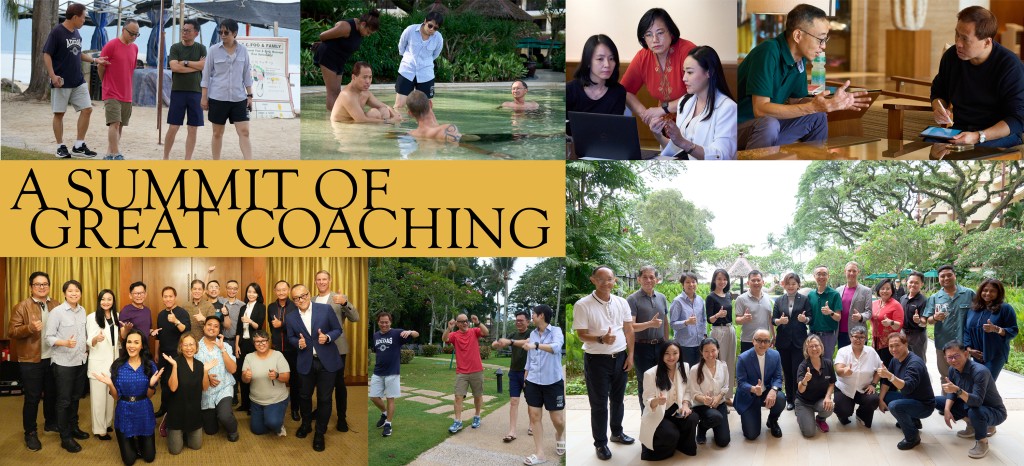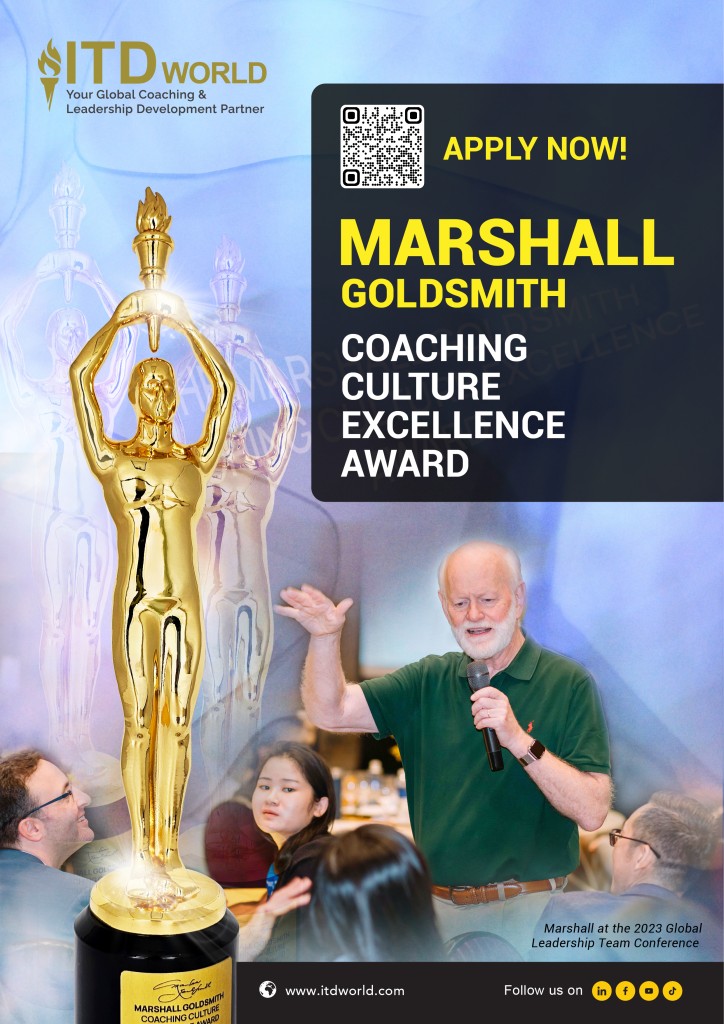
THE ART OF WAR
Sun Tzu wrote in The Art of War that when troops prepare for battle, if they lose the fight within their own minds even before the battle begins, their chances of winning are diminished by up to 50 percent. He emphasizes the profound effect that belief has on the ability to win. The certain belief in the great potential that lies within all people, releases the power that drives a successful coaching practice.
One of our highly rated coaches was coaching David a managing director at a multinational organization. He was well-known for a command-and-control style which impacted staff morale and productivity. Business results dipped and the stress of facing such circumstances affected his health to the point of heart surgery.
Although difficult, the coach had great confidence in David. Despite the staff believing that David could not change; the belief, and non-judgmental support from the coach paved the way for a positive transformation.
Nonetheless, it was very challenging initially, and for the most part his staff believed that he could not and would not change. The coach had confidence in David’s greatness and believed that he was capable of notable achievements. When David knew that the coach was fully present for him and would champion his cause without being judgmental, he began to speak what was in his heart.
When David fully articulated the tremendous pain in his life and his coach listened empathically, it was as if a massive weight was lifted from his shoulders. David became aware that his leadership approach was not bearing fruit. The awareness and acceptance of how his approach was limiting his achievements became the eureka moment that fueled his transformation. It gave David the motivation to invent his new approach to leadership, which he called “Participative-Appreciative Leadership.”
Old habits take time and discipline to change, so David’s coach encouraged him to create a way to remind himself to stay with his new approach until the new habit became locked in. One of the many self-created support structures that proved effective for David was this: He instructed all his employees that every time he reverted to his old style of leadership, they were to say to him, “Yes, Captain!” He knew—or suspected—that when they did this he would laugh out loud at himself, interrupting his old military pattern.
As he constantly replaced his old pattern with the new one, he began to reap the rewards of what his coach believed he was capable of achieving. His belief in himself soared, and so did his performance. Nine months in, David created a new work culture that increased staff satisfaction and performance. Where before he was demanding and dismissive, he was now practicing participative leadership processes and showing appreciation for others. The change would not happen without the strong belief of the coach.

You must understand that seeing i s believing, but also know that believing is seeing.
Denis Waitley

TRANSFORMATIONAL COACHING QUESTIONS

It was a wonderful two days at the Certified Chief Master Coach (CCMC) Global Summit in late April 2024!
Some 20 participants of the CCMC program came together at the lovely island of Penang to showcase their coaching models and progress. They shared how the coaching models, tools, and assessments they created as part of the program drove achievements in their teams and organizations.
In addition, they forged stronger bonds by coaching each other and giving feedforward to fuel further accomplishments. If you like to be part of this profound gathering of powerful coaching, the next intake of the CCMC program is now open and kicks off on 27 Sept 2024.
Register for the Certified Chief Master Coach (CCMC) now. See you then!

Applications for the Marshall Goldsmith Coaching Culture Excellence Award are now open!
This award lauds organizations which have established a robust coaching culture to enable individuals, leaders, teams, and the organization for attaining exemplary business results.
Submit your entry by or before 30 September 2024 for the opportunity to win this prestigious recognition. Click or tap the picture to find out more!
FURTHER RESOURCES